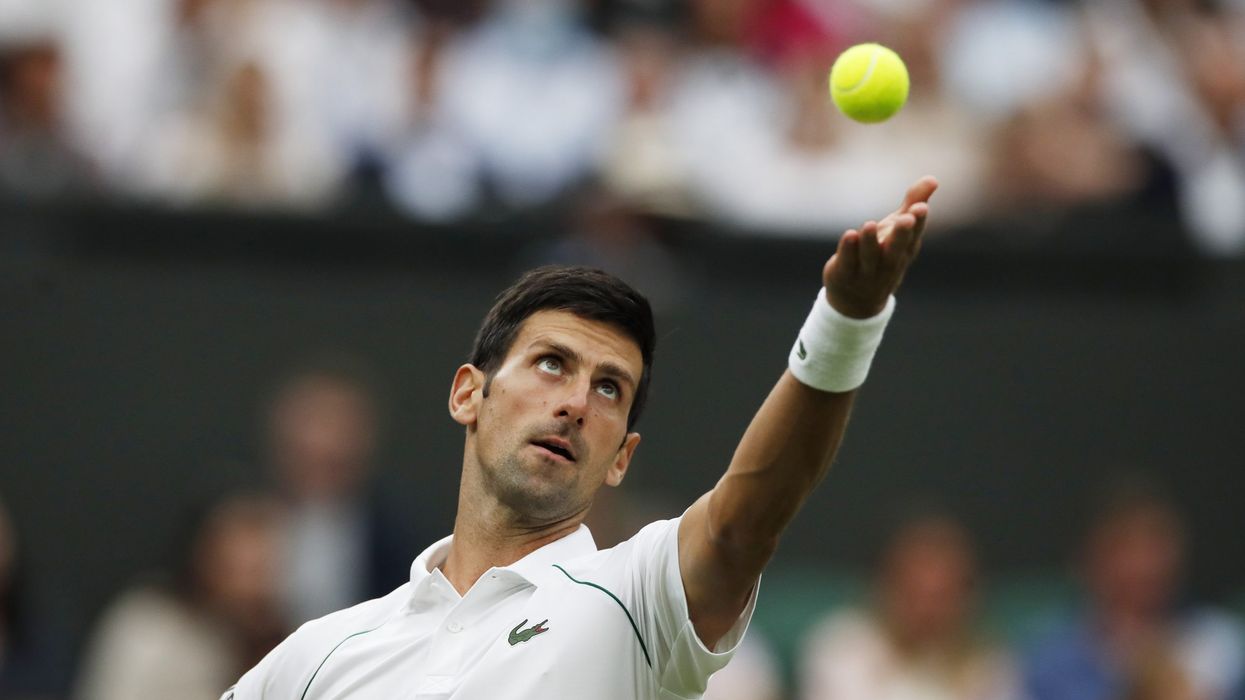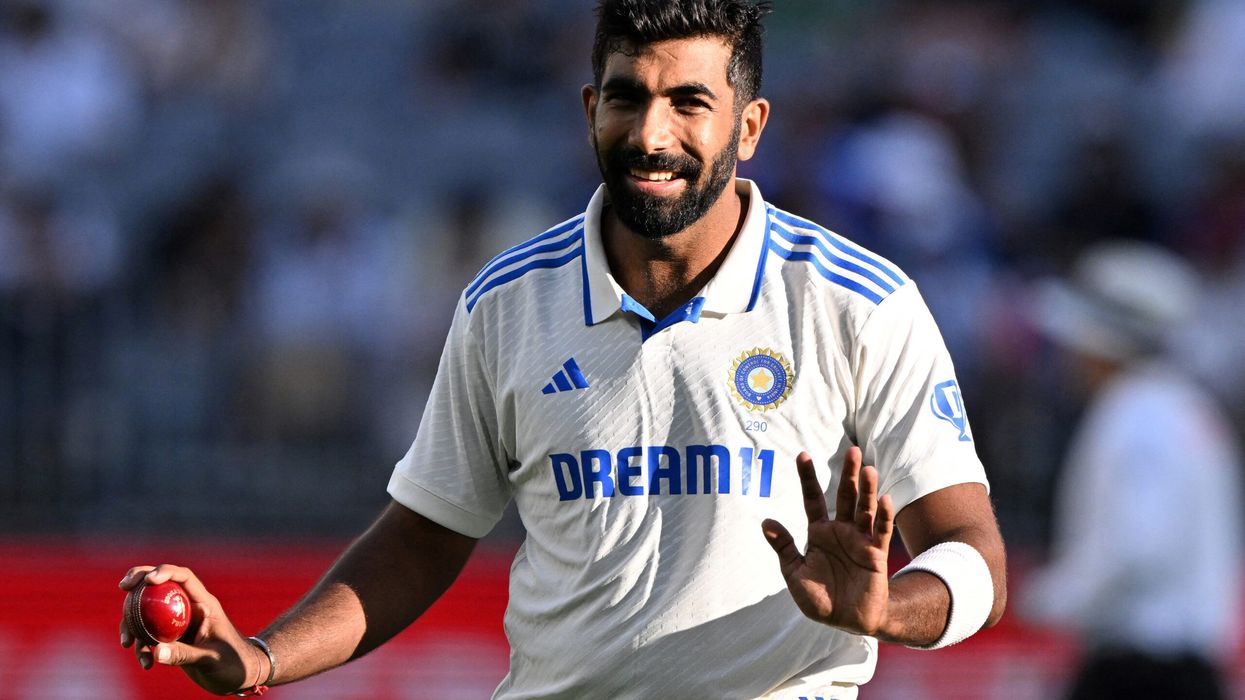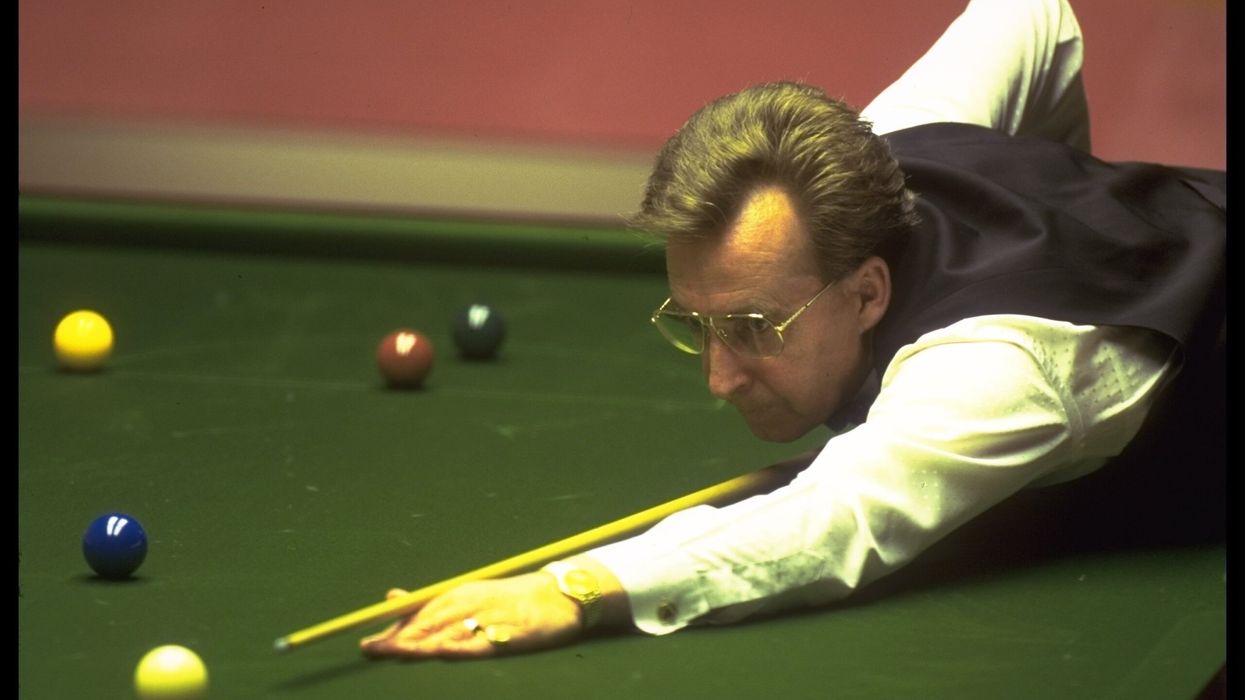DEFENDING champion Novak Djokovic overcame an early scare to reach the Wimbledon second round on Monday (28) with a 4-6, 6-1, 6-2, 6-2 win over Britain's 253rd-ranked Jack Draper.
World number one Djokovic is chasing a sixth Wimbledon title and 20th major and is halfway to becoming just the third man in history to complete a calendar Grand Slam.
It's a feat so rare that Rod Laver was the last man to achieve the sweep back in 1969.
However, as Wimbledon returned after its 2020 cancellation due to the pandemic, the 34-year-old struggled on the slippery Centre Court surface with the roof closed above it due to rain.
Left-handed Draper, playing just his fifth match on the main tour, saved seven of seven break points in the opener as he stunned the top seed.
But Djokovic soon snuffed out any danger of him becoming only the third defending champion to lose in the first round, by sweeping through the remainder of the tie.
He finished with an impressive 25 aces and 47 winners as his 19-year-old opponent wilted.
Djokovic will face either former runner-up Kevin Anderson or Chilean qualifier Marcelo Tomas Barrios Vera for a place in the last 32.
Trivia
Djokovic has lost a Tour-level match to a player ranked as low as No. 253 Draper once before – when he retired due to illness while trailing No. 319 Filip Krajinovic in the quarterfinals at 2010 Belgrade. The lowest-ranked player to have defeated Djokovic at a Grand Slam is No. 117 Denis Istomin in the second round at the 2017 Australian Open and the lowest-ranked player to have defeated Djokovic at Wimbledon is No. 75 Marat Safin in the 2nd round in 2008.
Wild card Draper made his Grand Slam singles debut on Monday. At 2019 Wimbledon, as a wild card at qualifying, Draper fell to Yasutaka Uchiyama in the first round of qualifying. He also fell in the first round on his only other appearance in qualifying at Wimbledon, in 2018.
(AFP)




